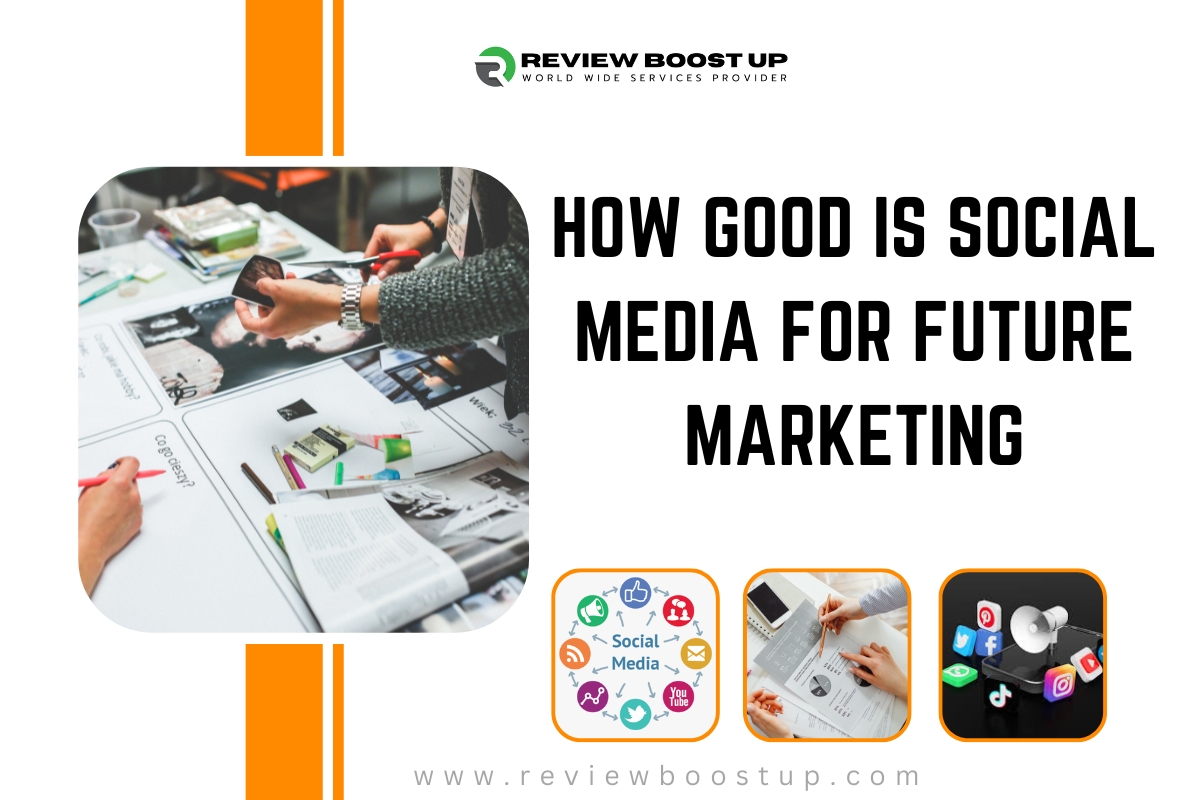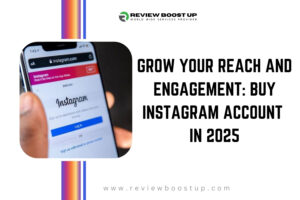Social media marketing has changed a lot over the years. With new tools and ideas, businesses can connect with their customers in ways that were not possible before. This article looks at how social media marketing has evolved, how it affects what people do, and how companies can use it to their advantage. We will also explore the challenges that come with it and what the future might hold.
Key Takeaways
- Social media marketing has grown from traditional ads to engaging online content.
- Influencers play a big role in shaping what people buy and how brands are seen.
- Understanding how people behave on social media helps businesses connect better.
- Data analytics helps companies understand their audience and tailor their marketing.
- The future of social media marketing will include new platforms and more video content.
The Evolution of Social Media Marketing

From Traditional to Digital
Social media marketing has changed a lot over the years. It started with traditional advertising like TV and newspapers, but now it’s all about digital platforms. Businesses can reach more people online than ever before. Here are some key points about this shift:
- Wider Reach: Social media allows brands to connect with a global audience.
- Cost-Effective: Online ads can be cheaper than traditional methods.
- Real-Time Feedback: Companies can see how customers react instantly.
The Rise of Influencer Culture
Influencers have become a big part of social media marketing. They are people who have a lot of followers and can sway opinions. Brands often partner with them to promote products. This trend has led to. Influencers can make products feel more relatable. Brands can choose influencers who match their audience. Followers are more likely to trust recommendations from influencers.
Impact of Mobile Technology
With the rise of smartphones, social media is now always at our fingertips. This has changed how we interact with brands. Some effects include. Users can check social media anytime, anywhere. Brands can respond to customers quickly. Companies can create ads specifically for mobile users. The evolution of social media offers challenges and opportunities. The key is being willing to adapt to new platforms, trends, and tech. Overall, social media marketing has come a long way. It continues to grow and change, making it an exciting field for businesses to explore.
Understanding Consumer Behavior on Social Media
The Psychology of Sharing
Social media is a powerful tool that influences how people share information. Emotions play a significant role in this process. When content evokes strong feelings, it is more likely to be shared and remembered. Here are some key reasons why people share:
- To express themselves
- To connect with others
- To inform or entertain
Trends in User Engagement
User engagement on social media is constantly changing. Here are some current trends:
- Increased use of video content
- Shorter attention spans leading to quick interactions
- More focus on authentic and relatable content
The Role of Social Proof
Social proof is when people look to others to decide what to do. On social media, this can be seen in likes, shares, and comments. Brands can benefit from social proof by:
- Showcasing customer reviews
- Highlighting user-generated content
- Engaging with followers to build trust
Understanding how consumers behave on social media helps brands create better marketing strategies. By tapping into emotions and trends, businesses can connect more effectively with their audience.
Leveraging Data Analytics for Marketing Success
In today’s digital world, data analytics plays a crucial role in shaping marketing strategies. By using data, businesses can make better decisions that lead to success. Here are some key areas where data analytics can help:
Importance of Big Data
- Understanding customer preferences: Analyzing large sets of data helps businesses know what their customers like.
- Identifying market trends: Data can reveal patterns that show how the market is changing.
- Optimizing marketing campaigns: Businesses can see what works and what doesn’t, allowing them to improve their efforts.
Predictive Analytics in Marketing
Predictive analytics uses past data to forecast future trends. This can help businesses:
- Anticipate customer needs.
- Adjust marketing strategies based on predictions.
- Increase sales by targeting the right audience at the right time.
Personalization Through Data
Personalization is key to engaging customers. By analyzing data, companies can:
- Create tailored messages that resonate with individual customers.
- Offer personalized product recommendations.
- Improve customer satisfaction by addressing specific needs.
Data analytics is not just about numbers; it’s about understanding people and their choices. By leveraging data analytics for better marketing decisions, businesses can gain insights into optimal pricing strategies, taking into account competitors’ prices, market demand, and more.
In conclusion, leveraging data analytics is essential for businesses looking to thrive in the competitive marketing landscape. It allows for informed decisions that can lead to greater success and customer loyalty.
Building Brand Loyalty Through Social Media
Building brand loyalty through social media requires more than just having an online presence. It’s about forming genuine relationships with your audience, which can lead to long-lasting connections. Here are some key strategies to consider:
Creating Authentic Connections
- Engage with your audience: Respond to comments and messages promptly.
- Share behind-the-scenes content to show the human side of your brand.
- Use storytelling to connect emotionally with your followers.
Engaging Content Strategies
- Post regularly to keep your audience interested.
- Use polls and questions to encourage interaction.
- Create visually appealing content that stands out in feeds.
Utilizing User-Generated Content
Encourage your customers to share their experiences with your products. Feature their content on your social media pages to build community. Run contests that motivate users to create and share content related to your brand. Building brand loyalty is about creating a community where customers feel valued and heard. When customers feel connected, they are more likely to stay loyal to your brand.
Challenges in Social Media Marketing

Social media marketing can be a great way to connect with customers, but it also comes with its own set of challenges. Businesses must navigate the risks of business social media marketing to ensure they are protected. Here are some key challenges:
Managing Online Reputation
- Negative comments can spread quickly.
- One bad review can impact your brand image.
- It’s important to respond to feedback promptly.
Dealing with Negative Feedback
- Stay calm and don’t react impulsively.
- Address the issue publicly to show you care.
- Take the conversation offline if needed.
Privacy Concerns and Data Security
- Users are more aware of their data privacy.
- Companies must protect customer information.
- Breaches can lead to loss of trust and legal issues.
Social media platforms could change their rules, suspend your account, or alter algorithms, putting your business at risk. While social media offers many opportunities, businesses must be aware of these challenges to succeed in their marketing efforts.
Future Trends in Social Media Marketing
The Emergence of New Platforms
As technology evolves, new social media platforms are popping up all the time. In 2025, we can expect to see even more innovative platforms that cater to different audiences. These platforms will likely focus on unique features that set them apart from the giants like Facebook and Instagram.
Integration of Augmented Reality
Augmented reality (AR) is becoming a big deal in marketing. Brands are using AR to create fun and interactive experiences for users. For example, customers can try on clothes or makeup virtually before buying. This trend is expected to grow, making shopping more engaging and enjoyable.
The Growing Importance of Video Content
Video content is taking over social media. Short videos, live streams, and tutorials are becoming essential for brands to connect with their audience. Here are some reasons why video content is crucial:
- Higher engagement rates: Videos grab attention better than text or images.
- Easier to share: People love sharing videos, which can help brands reach more viewers.
- Better storytelling: Videos allow brands to tell their stories in a more compelling way.
In the future, brands that adapt to these trends will likely see greater success in their marketing efforts.
Summary of Key Trends
| Trend | Description |
| New Platforms | Innovative social media platforms emerging. |
| Augmented Reality | Interactive experiences for users. |
| Video Content | Essential for engagement and storytelling. |
The Role of Artificial Intelligence in Social Media Marketing
Automating Customer Interactions
Artificial Intelligence (AI) is changing how businesses interact with customers on social media. AI tools can respond to customer questions instantly, making it easier for companies to provide support. Here are some ways AI helps:
- Chatbots can answer common questions 24/7.
- AI can analyze customer messages to find out what people want.
- It can even help in personalizing responses based on user data.
Enhancing Content Creation
AI is also used to create content for social media. This includes:
- Writing posts and captions.
- Making videos that grab attention.
- Scheduling posts at the best times for engagement.
AI-Driven Insights and Analytics
Understanding how well your social media is doing is crucial. AI helps by:
- Analyzing data to see what works and what doesn’t.
- Predicting future trends based on past behavior.
- Providing insights that help in making better marketing decisions.
AI is being used in social media marketing to create written content, video content, schedule, analyze, and more. This technology is making it easier for brands to connect with their audience and improve their marketing strategies. A powerful tool in social media marketing. It helps businesses automate tasks, create engaging content, and understand their audience better. As technology continues to grow, the role of AI in marketing will only become more important.
Conclusion
In summary, social media plays a big role in how businesses market themselves today. It offers a way to connect with customers directly and share information quickly. While there are some challenges, like dealing with negative comments or keeping up with trends, the benefits often outweigh the downsides. Companies that use social media wisely can reach more people and build stronger relationships with their audience. As we look to the future, it’s clear that social media will continue to be an important tool for marketing.



